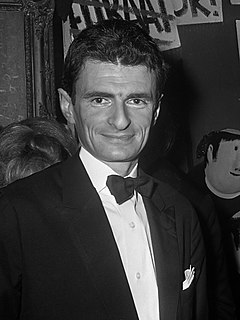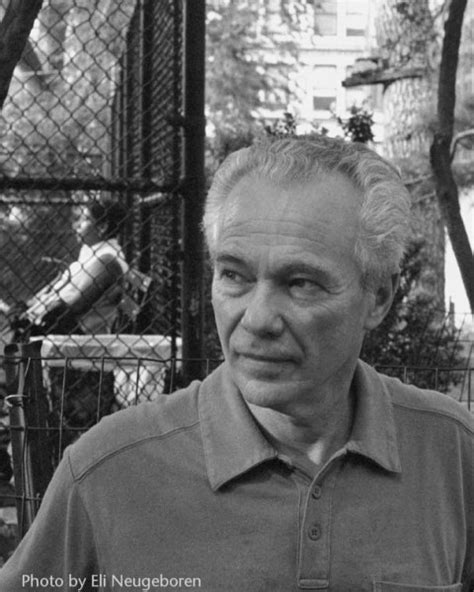A Quote by Neale Donald Walsch
Words are merely utterances: noises that stand for feelings, thoughts, and experience. They are symbols. Signs. Insignias. They are not Truth. They are not the real thing.
Related Quotes
Words are merely utterances: noises that stand for feelings, thoughts, and experience. They are symbols. Signs. Insignias. They are not Truth. They are not the real thing. In fact, you place so little value on experience that when what your experience of God differs from what you've heard of God, you automatically discard the experience and own the words, when it should be just the other way around.
... negative feelings are not true feelings at all; rather, they are your thoughts about something, based always on the previous experience of yourself and others. You will not find Truth in your past data, only past data that is based on other past data that is based on other past data, and so forth. Forget your "past experience" and look directly at the experience you are having. Right Here, Right Now. There is your Truth.
If I write a fantastic story, I'm not writing something willful. On the contrary, I am writing something that stands for my feelings, or for my thoughts. So that, in a sense, a fantastic story is as real and perhaps more real than a mere circumstantial story. Because after all, circumstances come and go, and symbols remain.
A movie can evoke feelings, thoughts, it is all there and happening, there is no control over the images when you are watching a movie. You are transported for three hours to a world where you see real people. In a novel it is private - there's only you, and words on pages. The landscape is in your mind and in your feelings.
My feelings are not God. God is God. My feelings do not define truth. God’s word defines truth. My feelings are echoes and responses to what my mind perceives. And sometimes - many times - my feelings are out of sync with the truth. When that happens - and it happens every day in some measure - I try not to bend the truth to justify my imperfect feelings, but rather, I plead with God: Purify my perceptions of your truth and transform my feelings so that they are in sync with the truth.
Truth then seems to me, in the proper import of the word, to signify nothing but the joining or separating of Signs, as the Things signified by them do agree or disagree one with another. The joining or separating of signs here meant, is what by another name we call proposition. So that truth properly belongs only to propositions: whereof there are two sorts, viz. mental and verbal; as there are two sorts of signs commonly made use of, viz. ideas and words.
In a story you only had to wish, you only had to write it down and you could have the world...It seemed so obvious now that it was too late: a story was a form of telepathy. By means of inking symbols onto a page, she was able to send thoughts and feelings from her mind to her reader's. It was a magical process, so commonplace that no one stopped to wonder at it. Reading a sentence and understanding it were the same thing; as with the crooking of a finger, nothing lay between them. There was no gap during which the symbols were unraveled.
































